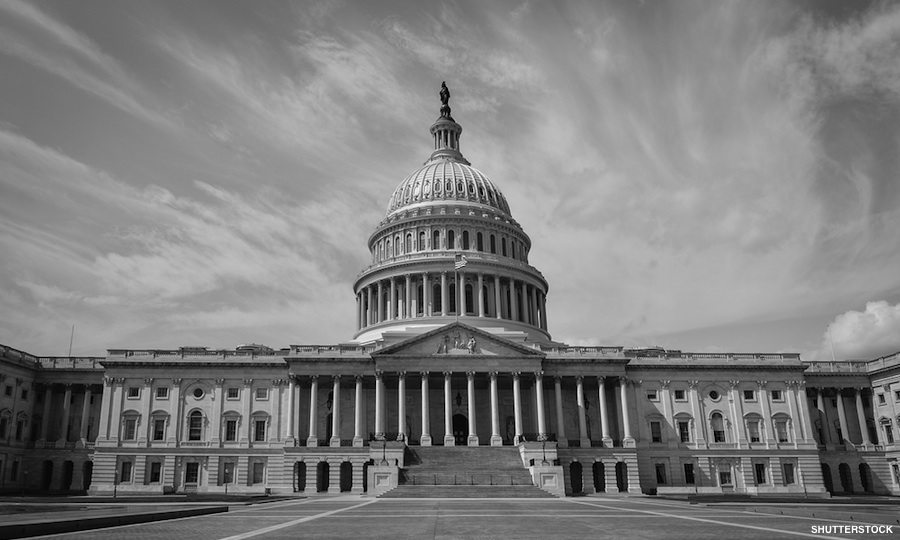When The Government Shutdown Comes, Let’s Scrap It and Start Over
That’s it. Time to scrap everything and start over.
When government shuts down this week—and as of this writing, such a shutdown seemed a certainty—we the people should put our foot down and tell the government to stay shut down. You’re fired. Goodbye. Hang a “closed” sign on the doors of the Capitol and send everybody back to their home states.
Why? Because we’ve been through this before. Two hundred years ago, men in Philadelphia took a look at the government under the Articles of Confederation—a government so weak and feckless it couldn’t even agree to pay its bills—and agreed to scrap it in favor of a new Constitution, a government designed to get things done.
Which leads us to this conclusion: A government that makes the decision not to get things done anymore—but to shut down in a fit of pique and a display of power—is a government that has forfeited its legitimacy. If that’s the case, then it’s time to build over, from the ground up. (Thomas Jefferson, you’ll remember, thought America should re-form its government every 20 years or so.)
You know who would agree with me? The Founders.
After all, they plainly despised a scenario where a minority party—in this case, Republicans in control of the House, who are threatening a shutdown unless President Obama and the Senate agree to delay ObamaCare implementation for a year—would gum up the works with (as Alexander Hamilton said in Federalist 22) “tedious delays; continual negotiation and intrigue; contemptible compromises of the public good.”
Conservatives like to say that a defense of minority-party prerogatives is built into the Constitution, that the Founders wanted government limited. But an actual reading the Founders words shows that conservatives pretty plainly overstate the case. The Founders wanted an energetic government, not one forever in thrall to (just to use an example) a couple of Congressmen from South Carolina.
“We forget how much good may be prevented, and how much ill may be produced, by the power of hindering the doing what may be necessary, and of keeping affairs in the same unfavorable posture in which they may happen to stand at particular periods,” Hamilton added in Federalist 22.
Republicans suggest, too, that they’re trying to protect the public from the implementation of ObamaCare, which is deeply unpopular with the public. The only problem with that argument: We went through a national election a year ago, during which the implementation of the Affordable Care Act was a chief issue, and in which the Republican—Mitt Romney—promised to make repeal his first order of business as president.
He lost. Rather badly. Republicans are shutting down government in an effort to advance his agenda, anyway.
If they succeed, it will be time for the rest of us to rebel—to rebuild our government in such a fashion that the minority party (or parties) can be heard, but it powerless to bend the rest of us to its will.
We should come up with an American version of a parliament—one where the Bill of Rights still exists, but in which the chief executive and legislators both hail from the same party and are given all responsibility for the functioning of government. If the voters don’t like what that party does, they can vote the party out of power and replace it with another. Right now, power is so divided that voters can’t possibly have a real sense of whom to hold accountable.
Parliaments aren’t undemocratic—in fact, they’re the form of government used by nearly every other democracy in the world. Very few new democracies try the American form of government. And no wonder! It clearly doesn’t work as well as it should.
That, of course, is the GOP’s fault. Nobody else wants a government shutdown. When it comes, though, it’ll be time to act. It’s time to build a new government.



